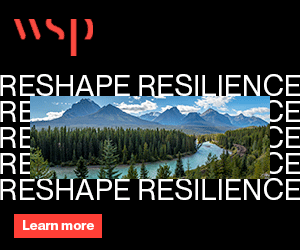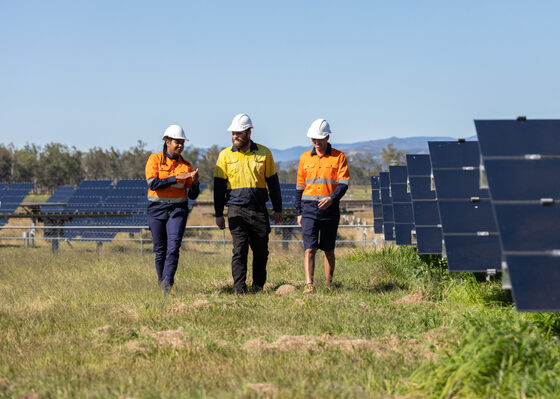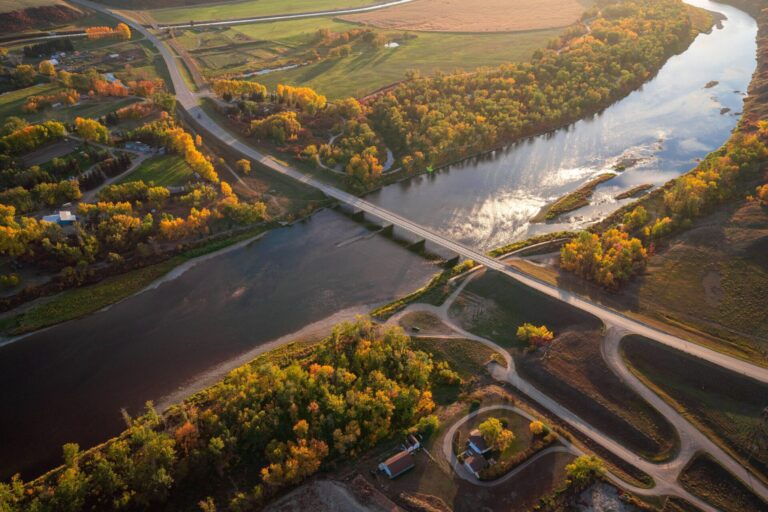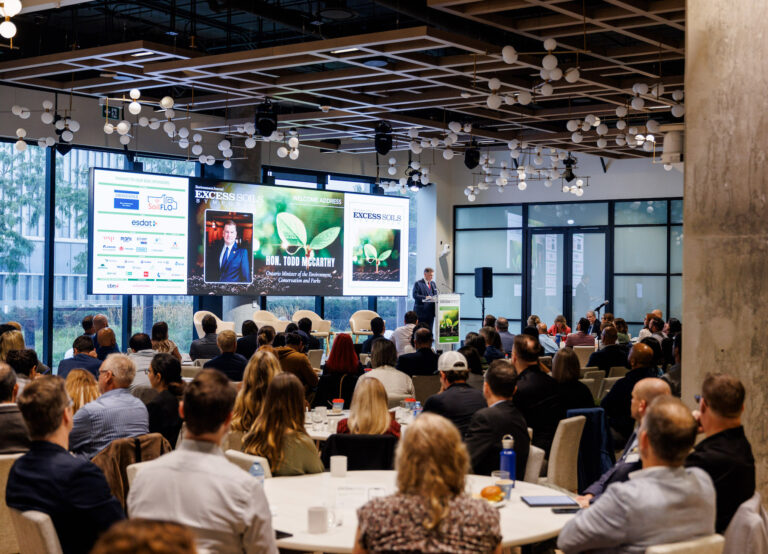Monday, October 6, 2025
By Alysha Wenghofer and Kim Pallozzi
In today’s vast information age, Canadians feel overwhelmed by mixed messages regarding the state of our climate. Their understanding of the causes of climate change has declined, along with their ability to distinguish between real and fabricated data. The steady rise in climate misinformation and disinformation has led to a mere 17 per cent of Canadians trusting that they can tell the difference between real and fake climate change information. This begs the question, what do and don’t Canadians understand about climate change?
Learning for a Sustainable Future (LSF), a Canadian charity that integrates sustainability education into Canada’s school system, released its 3rd climate change and education survey conducted through Leger Web Survey titled From Awareness to Action: Canadians on Climate Change and Education – 2025 National Report. This report includes insights from over 4,200 Canadians across the country to provide a clear snapshot of shifts in public attitudes and climate education, and to highlight key pathways to moving forward.
With feedback from the general public, educators, students, and parents alike, let’s explore the facts and fiction surrounding Canadians’ understanding and perceptions of climate change.

Fact: Climate change is happening.
As of 2025, four out of five Canadians express certainty that climate change is a reality (80 per cent) and believe that we have failed to care for the planet. This growing awareness provides important impetus for demanding stronger climate policies, greater institutional accountability, and increased support for education and community-based action.
Fiction: Canadians understand the causes of climate change.
In 2025, only 47 per cent of people were aware that human activity caused climate change, down from 54 per cent in 2022. Plus, only 50 per cent of Canadians knew that carbon dioxide and other greenhouse gases are the primary factors, which is also a drop from prior recorded statistics.
Fact: Canadians are willing to make changes to slow the effects of climate change.
Despite nearly half of Canadians not understanding the causes of climate change, a large majority (87 per cent) of Canadians would be willing to change their life to help reduce the effects of climate change, consistent with 2022 (88 per cent).
Fiction: The seriousness of climate change is exaggerated.
A growing number of Canadians now believe that the seriousness of climate change is exaggerated, rising from 18 per cent in 2022 to 23 per cent in 2025. This contradiction highlights the need for further research into the effects of misinformation, political polarization, and the role that negative emotions may play in shaping attitudes and behaviours.
Fact: Climate change is affecting Canadian’s mental health.
Climate change is continuing to have a big impact on Canadians’ mental health and well-being. Negative emotions such as anxiety (40 per cent), frustration (34 per cent), and fear (26 per cent) are the most dominant. While positive emotions like hope, motivation, and confidence are present, they are significantly overshadowed.
Fiction: Canadians are satisfied with the societal and governmental efforts to stop climate change.
While nearly half (49 per cent) of Canadians believe humans could reduce climate change, only nine per cent believe that humans can and will reduce it. Plus, fewer than 20 per cent of Canadians believe the government is effectively addressing climate change. However, the overwhelming majority (76 per cent) still recognize that systemic change is essential to tackling climate challenges, indicating strong support for broader structural shifts.
Fact: There is a need for increased climate education and support.

These new survey findings highlight an urgent need for increased climate education and support. Fortunately, many Canadians, including educators, are ready to act!
The 2025 From Awareness to Action: Canadians on climate change and education: Executive Summary proposes key action items to improve climate change education in schools to build critical thinking skills and drive real-world action to tackle the climate crisis head-on.
These key action items include: integrating climate change across the curriculum, expanding professional development, investing in more resources for teachers, as well as enhanced strategies to teach complex topics, fostering a school-wide culture of climate learning, increasing classroom time on climate change topics with a focus on student-led climate action solutions, and teaching critical thinking and media literacy.
The time to take action is now! To learn more and for additional resources, visit the LSF National Survey Results page and Learning for a Sustainable Future’s website.

Alysha Wenghofer and Kim Pallozzi are Consultants at Learning for a Sustainable Future.
Featured photo credits: Getty Images












